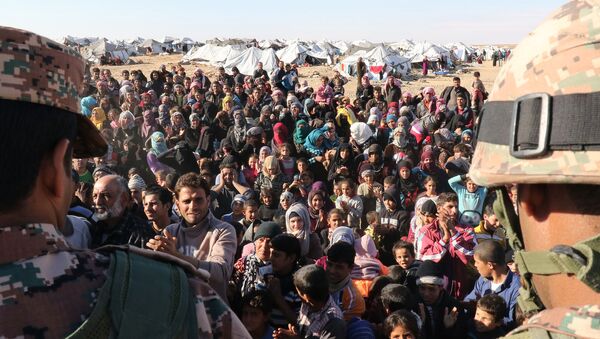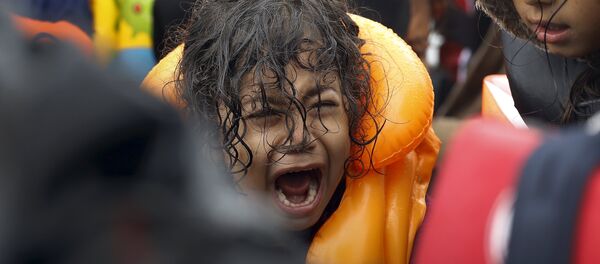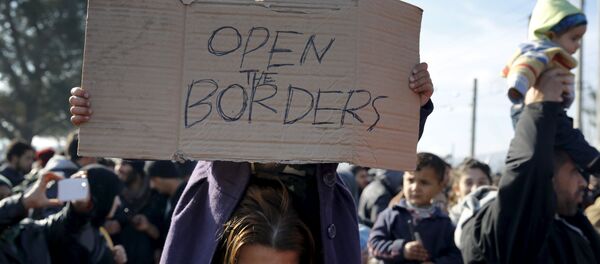According to the newspaper, 80% of refugees are now coming to Europe through Bulgaria. With the help of smugglers, they travel further to the north reaching Serbia and other European countries.
"It was the worst country," said Ams, a refugee from Afghanistan, commenting on his journey through Bulgaria. "When the police caught us in the woods, they beat us and took our money and phones," the man told the newspaper.
"We were given almost no food and water. It was awful," the man said.
The EU countries have made some progress in reducing the number of refugee boats in the Aegean Sea. However, it doesn't mean that the smuggling business is over, Radosh Djurovic, Director of the Belgrade Center for protection of asylum seekers, said.
"The Balkan route is not closed, smuggling business networks have resumed once more," the expert stated. According to him, refugees are arriving more slowly and not in such large waves as before, "but again, thousands of people are heading to the north through Serbia," Djurovic stressed.
In late March, Turkey and the European Union reached an agreement to put an end to the so-called Balkan route used by migrants to travel through Greece and Macedonia to wealthier EU states. Under the deal, Turkey pledged to take back all illegal migrants that arrive to the European Union through its border and in their place send legal Syrian refugees to the bloc on a one-for-one basis.
The initiative has reduced the influx of migrants, but has not stopped it completely. With the help of smugglers, refugees find new ways to reach Europe and spend their last money to reach the desired "safe haven".




